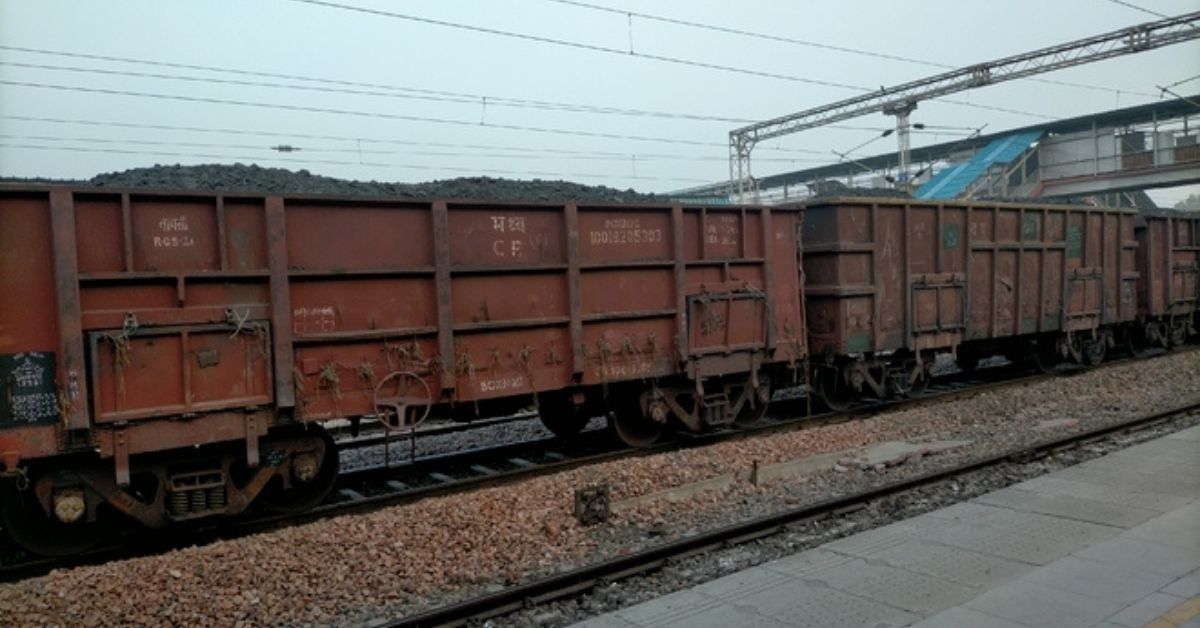While the Power Ministry continues to raise red flag voicing concern over shortage of coal to fire domestic power plants, the Coal Ministry has a different story to tell. Close to 3.03 million tonnes (mt) of coal imported by State generation companies (gencos) for blending purposes is lying at various ports in India as on August 17. Of this, public sector power utility NTPC alone accounts for nearly 73 per cent of the total stock at close to 2.2 mt.
A senior official told BusinessLine that State gencos were not too keen on imports because of the huge differential between domestic and international coal prices. And now that the Power Ministry has withdrawn the mandatory imported coal blending order earlier this month, the gencos are even more reluctant to lift the contracted quantity, the official added.
Fiat to States
The Power Ministry had earlier directed generating companies to import at least 10 per cent of their total coal requirement for blending purposes in lieu of an anticipated shortfall in domestic supplies amid a sharp surge in demand. Accordingly, States were advised to place import orders by May 31 to ensure that delivery of at least 50 per cent of the quantity is done by June 30.
However, in early August, the Power Ministry relaxed the order for blending in the wake of improving supplies and left it to the discretion of gencos and independent power producers to import coal as per their requirement and decide on the percentage of blending they would like to do.
Damodar Valley Corporation (DVC), for instance, had ordered for close to 2.4 mt of imported coal for blending. Of this, around 1.6 mt has already arrived and for the remaining 0.8 mt, the utility has sought for some time extension. Only around two lakh tonnes of its stock are currently lying at the port.
“We are keeping the situation under watch and have taken a time extension (for importing the remaining quantity). The supplies are improving and it is now not mandatory to import for blending. The government has left it to the discretion of gencos depending on the availability of domestic supplies whether to blend or not and how much to blend,” Ram Naresh Singh, Chairman, DVC, said.
According to Ritabrata Ghosh, Vice-President, ICRA, the recent ban on import of Russian coal into Europe has pushed up thermal coal prices in the international markets. It is believed that some of the metallurgical coal from Australia is also being diverted to thermal coal due to the price economics. There is a huge price differential between domestic and international coal which is discouraging gencos from importing coal. Moreover, production and supplies by Coal India has been pretty robust and this has helped tide over any possible shortfall that could have happened during the peak monsoon months. Production is likely to further improve in the third and fourth quarter of this fiscal and this would help support any surge in power demand in the country.
Cost impact
“The spot e-auction premium has moderated to around 290 per cent in July from a high of 425 per cent in May this year. However, this is also quite high as compared to the usual premium of around 60-70 per cent during a normal year. But even at such premiums, the prices of domestic coal is at least two-to-three times cheaper as compared to the international coal,” Ghosh said highlighting the cost impact on users.
He further added, “Moreover we are in August and the peak monsoon period is behind us. The second quarter is the period when there is a shortage with monsoons impacting production but CIL has tide over this period and in Q3 and Q4 production should only increase. Moving forward as domestic production picks up the e-auction prices should come down further and due to cost economics imports should come down.”
CIL’s e-tenders
Incidentally, CIL had floated two international competitive bidding e-tenders of 3 million tonnes each with an option of increasing the bid quantity by 100 per cent to 12 mt. Of this, it has so far received total orders for only around 1 mt and a portion of the ordered quantity is believed to be in transit. CIL had, however, earlier said the tenders were not indent based but to keep coal on tap for immediate availability and use in future. It is an advance action by the company in fortifying future supplies and keeping a vendor ready. According to an official, given the stock availability, it is unlikely to go for more imports.
“These are not committed quantity or indent based and is more like an on-tap facility available to gencos so there is no question of cancellation,” said an industry official. But given the strong bargaining power that CIL has, the buyer may find it difficult not to lift the ordered quantity. “CIL usually gives a minimum commitment of 75 per cent of ACQ (annual contracted quantity) of the normative requirement of a plant but ends up supplying close to 90 per cent to its FSA (fuel supply agreement) customers. If a particular customer does not pick up the contracted quantity then the coal miner might limit its supplies to 75 per cent of ACQ which in turn will exert a huge pressure on the customer,” an analyst tracking the sector said explaining the possibility of coal imported by CIL being lifted by the buyer.







